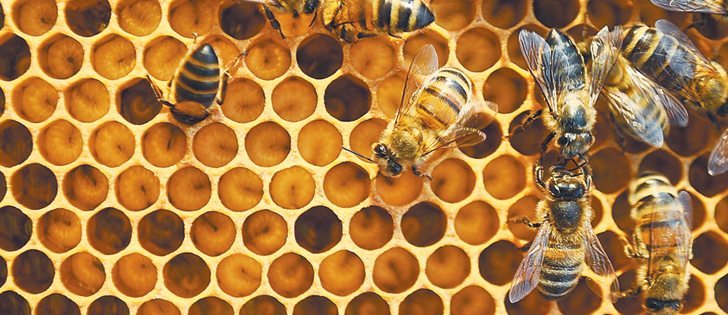Ontario’s debate over neonics is no longer about neonics.
For months, Ontario farm groups and the provincial government, supported by environmental advocates, have publicly bickered over government regulations for neonicotinoid seed treatments.
The province wants to reduce the use of neonics on corn and soybeans by 80 percent, to preserve bees and protect Ontario’s water, soil and wildlife.
Meanwhile, the Grain Farmers of Ontario have issued 19 press releases on neonics since last July, labelling the government’s policy as unscientific, misinformed and a threat to the province’s agricultural sector.
Read Also

Kochia has become a significant problem for Prairie farmers
As you travel through southern Saskatchewan and Alberta, particularly in areas challenged by dry growing conditions, the magnitude of the kochia problem is easy to see.
But during the last few weeks, the discussion has shifted. What was a debate over the merits of neonics is now a conversation about who is controlling agricultural policy in Ontario.
“We have been extremely disappointed with how Toronto-driven Ontario’s agriculture agenda has become,” said GFO chair Mark Brock, in a May 28 release.
Patrick Lynch, a well-known crop adviser in Ontario, said it’s preposterous that outside groups are crafting agricultural policies in Canada.
“The Sierra Club, a U.S. environmental club, made no bones about it, in fact they’re bragging about it, that they got neonics banned in Ontario,” he said. “I do not like a group from the U.S., no matter who they are, telling the Ontario government, my government, what to do.”
Environmental groups and advocates have attempted to influence provincial and federal policies for decades, but they have become more militant and brazen when it comes to the so-called failings of ‘industrial’ or ‘corporate’ agriculture in Canada.
In late May, the David Suzuki Foundation invited Jean-Marc Bonmatin, a French neonic expert and member of an international Task Force on the class of insecticides, to talk to Ontario members of Provincial Parliament and the media.
In an interview with The Western Producer, Bonmatin abandoned the tactful, qualified language that scientists typically employ.
He said farmers, sometimes, must be “forced” to do the right thing for the greater good of the environment and humanity.
“If you want to change… you have to force (it)…. Last week France asked for the total ban of neonicotinoids at the European level. Such a ban will force people to do (things) another way. We will force companies to develop more friendly and environmentally friendly products…. Sometimes to you have to ban for things to go in the right way.”
Those sort of comments should be concerning to farmers everywhere, because influential scientists like Bonmatin want to push producers toward what they see as a safer, gentler (i.e. organic) form of food production, which will wash away the dark cloud of big chemical agriculture and replace it with eternal sunshine, smiles and rainbows.
The question for Ontario farmers is how to push back, or more precisely, how hard to push back.
Reports from the U.S. Environmental Protection Agency and Health Canada’s Pest Management Regulatory Agency suggest that neonics provide negligible yield benefits and almost zero economic value to soybean growers.
Peter Johnson, a retired Ontario government agronomist, said the best data indicates that neonics improve soybean yields, on average, by 1.5 bushels per acre.
Some Canadian farmers may wonder if it’s worth going to war to preserve 1.5 bushels per acre yield gain (for soybeans).
But, as Lynch said, sometimes it’s necessary to fight a policy for the sake of principle and precedent.
“What is the next issue that’s going to come about, (where) an environmental group will tell us what to do?” he said. “It comes down to you (environmental groups and bureaucrats) think you know about farming that we do. But it’s our livelihood.”
Contact robert.arnason@producer.com


















